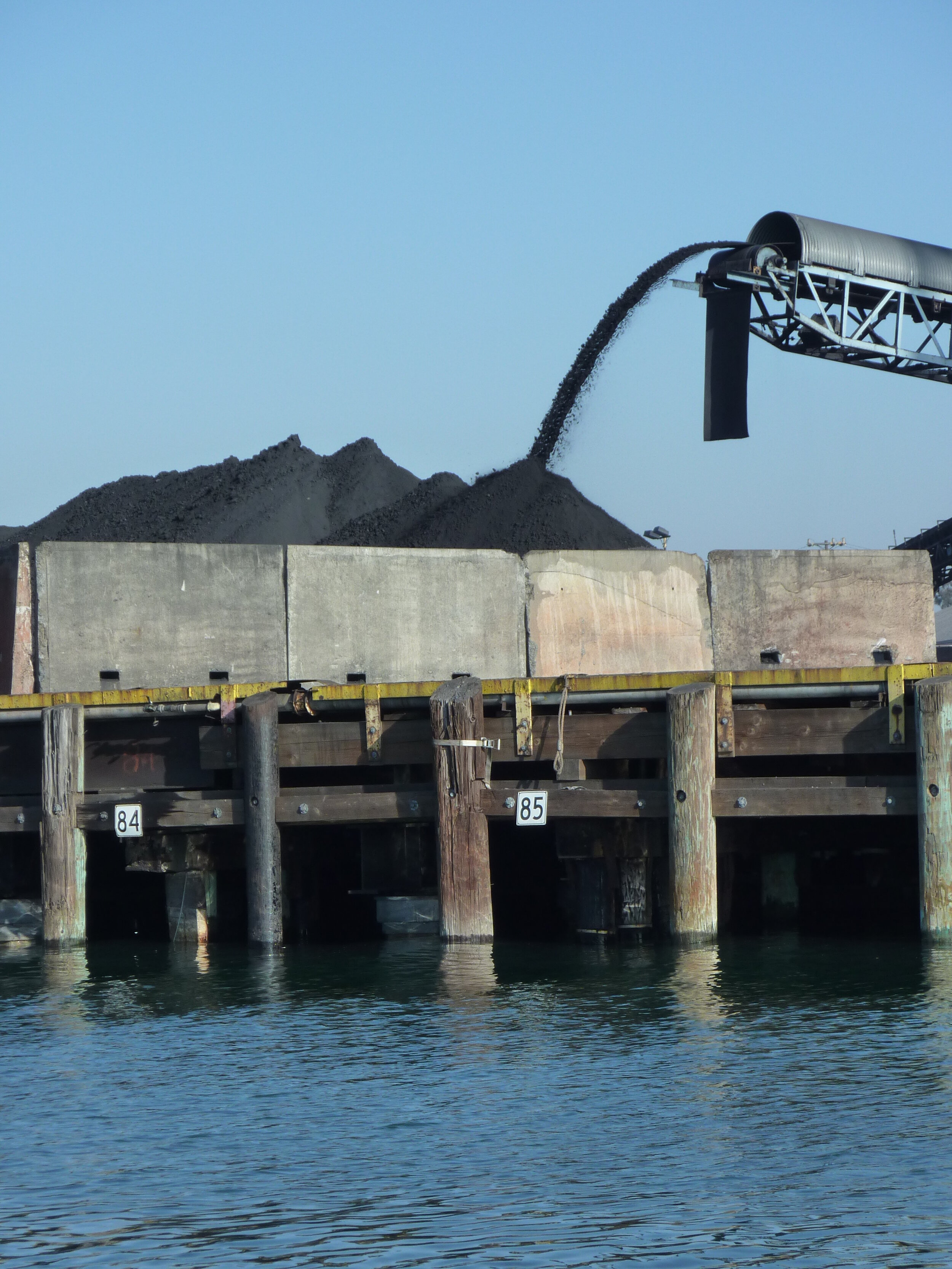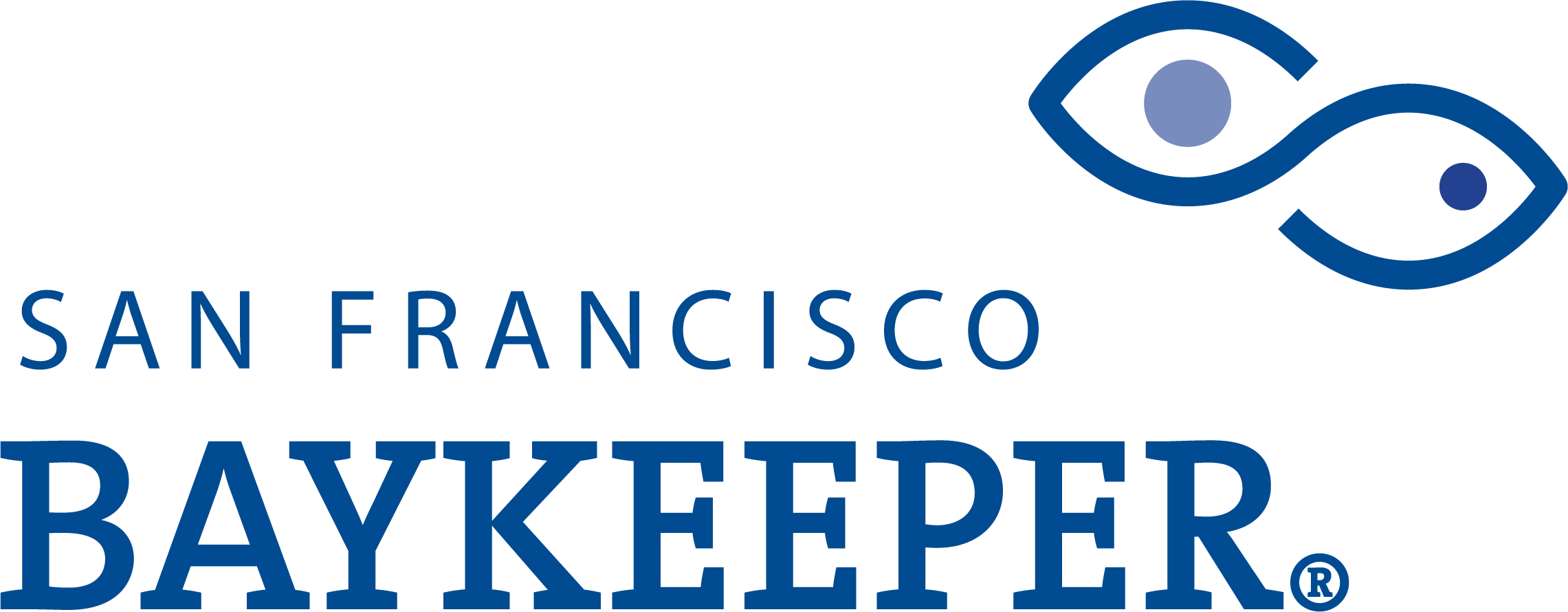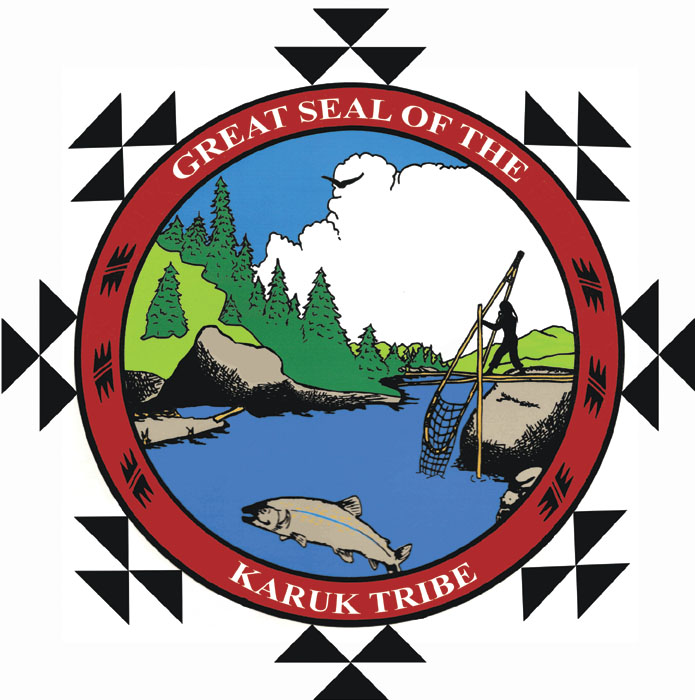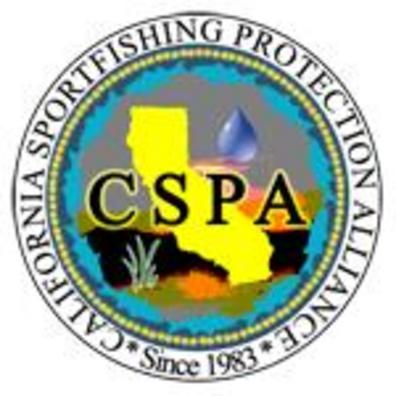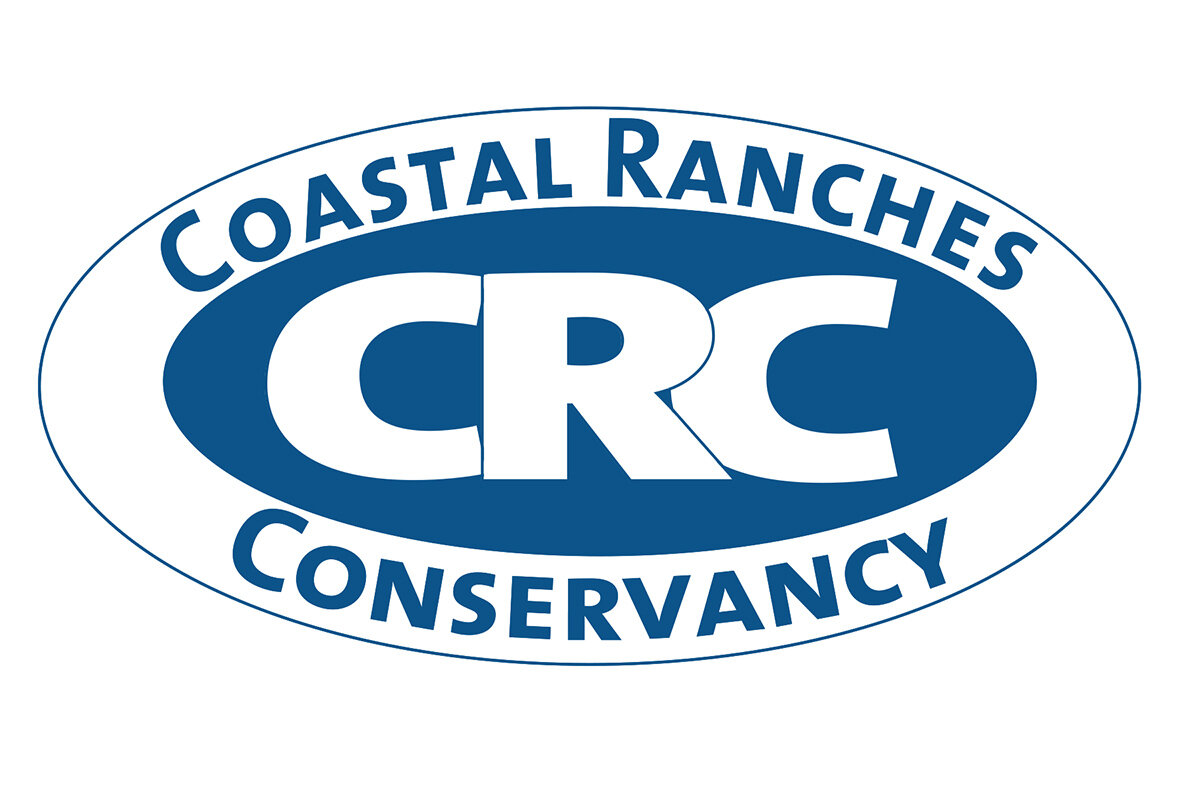Our work
Sycamore Law advises and represents grass roots environmental groups, foundations, and tribes in environmental advocacy, funding, and litigation. The firm provides strategic and tactical advice, coalition building support, administrative and public advocacy, and state and federal litigation representation to advance environmental protection and enforcement of environmental laws. Sycamore Law’s partners bring over fifty years of cumulative experience in grass roots representation and non-profit management to their practice. Our experience across environmental media, regulatory and statutory schemes, funders, and environmental groups allows the firm to provide uniquely integrated legal and policy advice to protect public natural systems and public health.
Russian River, California
Areas of Practice
Nonprofit Strategic Legal Advice
Sycamore Law provides strategic guidance on environmental advocacy and policy issues to nonprofit environmental groups, tribes and foundations, including coalition building, campaign support, and litigation. We are uniquely situated to advise nonprofits and foundations on how to achieve their desired results using advocacy and campaign tools, and where needed, the judicial system.
Federal Clean Water Act and the CA Porter Cologne Act
Sycamore Law’s clients have prevented tens of millions of gallons of raw sewage and polluted storm water from being discharged into California’s surface waters and onto the state’s beaches, including San Francisco Bay, San Diego Bay, the Los Angeles River, Ballona Creek, the Sacramento River, the Santa Ana River, and Santa Barbara beaches. The firm helps its clients enforce city and county municipal storm water and effluent permits, resulting in significant reductions of pollution, and critically, implementation of green infrastructure to convert wastewater into a resource for human and natural communities.
The Los Angeles River
MS4: Background, Current Situation and Problem Statement
Urban storm water is the largest single source of pollution to the Nation’s creeks, rivers, and beaches. Storm water also represents a critical local water supply to address climate-induced shortages and the need for additional environmental flows, while reducing pollution to creeks and the ocean. Unfortunately, regulatory failures all too often prevent the transformation of storm water from waste into a resource. Poor permit writing, inadequate monitoring programs under those permits, and a lack of enforcement prevent cities from being able to address the water supply problems raised by climate change and drought.
Environmental groups have spent decades working to remedy this situation through regulatory advocacy. Despite some strengthening of storm water permits over the last decade, regulators have been unable to monitor permit compliance or enforce against the worst actors. Clean Water Act citizen enforcement in key watersheds—both to challenge permit terms and to compel compliance by municipalities has been an effective and necessary solution.
In collaboration with the Natural Resources Defense Council, Sycamore Law represents Los Angeles Waterkeeper in challenging the Los Angeles County Urban Stormwater MS4 Permit—and seeking to force California to make real progress towards storm water pollution control and integrated water management. Sycamore Law represents San Francisco Baykeeper in overseeing its settlement with the City of San Jose for MS4 Permit violations. To address its contamination of Coyote Creek and the Guadalupe River with human wastes and trash, San Jose agreed to implement city-wide green infrastructure—including planning green streets and parks, installing infiltration basins, storm water capture cisterns and bioswales, and zero trash capture device. These measures will transform urban water management, augment groundwater supplies, restore urban creeks, benefit endangered species populations, and provide amenities to city dwellers via pocket parks and other green infrastructure features.
Sycamore Law is now coordinating an advocacy and enforcement campaign from San Francisco to Orange and San Diego Counties to force municipalities to clean up and protect contaminated rivers and beaches. Current MS4 litigation includes enforcement actions against the Cities of Mountainview and Sunnyvale.
Industrial Storm water Enforcement
Sycamore Law has pioneered enforcement to abate industrial storm water pollution. Enforcement of General Permits for control of industrial storm water pollution nationwide has removed thousands of pounds of toxic pollutant from receiving waters, empowered local communities to address pollutant sources in their neighborhoods, and generated tens of millions of dollars in environmental mitigation for impacted waters. Sycamore attorneys have successfully prosecuted well over 300 enforcement actions in Federal Courts across the United States. Sycamore Law brings unparalleled experience to storm water enforcement on behalf of clients across the United States.
SSO enforcement and compliance oversight
Sewage collection systems throughout the nation discharge hundreds of millions of gallons of raw or partially treated sewage containing bacteria, viruses, and other pollutants to waterways each year. Proper engineering practices can eliminate these sewer system overflows (“SSO”)—yet municipal governments have failed to do so. Sewage discharges pose a serious threat to beaches, streams, rivers, and bays, and to the public that uses and enjoys these waters. Sycamore Law brings over 20 years of expertise in suing municipalities to compel proper operation and maintenance of sewage system infrastructure and collection systems.
Sewer Sytem Overflow, Boston, Mass.
Clean water act 303(d)/305(b):
The Clean Water Act requires states to identify, list and report water bodies that do not support their federally designated beneficial uses, such as endangered species habitat and recreation, due to human impacts. This list and report are commonly referred to as a state’s 303(d)/305(b) integrated report, and serve as a vital tool in addressing impaired waterways. Yet states across the nation, and specifically California, have missed deadlines, failed to consider relevant data, and failed to address impairment caused by pumping and diversions. Sycamore Law is actively engaged in ongoing administrative processes and litigation to ensure that the state’s 303(d)/305(b) integrated report is accurate and provides a robust analysis of all impairments, including from altered flows, to the state’s waters, as required by the Clean Water Act.
Clean water Act Permit Oversight and Challenges
At the core of making the waters of the United States fishable and swimmable for all residents are pollution control permits. Yet because of the costs of compliance, lobbyists for dischargers dominate the conversation with regulators, and permits generally shield rather than effectively address polluters. Sycamore Law provides sophisticated advice on address pollution permit, including a 25-year plus engagement with the regulatory scheme and agency staff, as well as an understanding of the legal standards where Court challenges are required. Sycamore Law currently represents non-profits and tribes engaged in improving permits for better environmental outcomes for over 15 proposed, re-issued, or Court challenged permits, and that representation will continue.
Waste and Unreasonable Use; Public Trust
State law across the American west prohibits the waste of water, and requires that its use be reasonable. The “reasonable use doctrine” has been interpreted by modern courts to include protection of aquatic ecosystems. For example, the California Constitution mandates that all water resources be put to reasonable and beneficial use to the fullest extent of which they are capable and that vital resources not be wasted. This constitutional requirement is the overriding principle in California water law, which governs all uses of water ranging from diversions of instream flows and groundwater pumping to allocation of recycled water. The reasonable use doctrine also protects all beneficial uses of California’s waters, including municipal water supply and fish and wildlife habitat. Similarly, both Federal and State common law require that the sovereign protect “public trust” resources, including fish, navigation, and water supply, from destruction. The State and Federal constitutional requirements provide an existing framework and mandate for the integrated water management required to protect the environment and provide water security. Yet bureaucratic “silo-ing,” resistance to change, and entrenched financial interests prevent implementation of reasonable use and public trust requirements.
Despite the legal mandate to evaluate the rivers and creeks in a comprehensive manner and to prevent waste, thousands of dams, diversions, and over-appropriated rivers are killing fish and communities. Continuing development pressure, subsidized agricultural use, regulatory failure at both the State and Federal level, and global warming have combined to create an unprecedented threat to the survival of salmonids and other migratory aquatic species. These species historically provided tens of thousands of well-paying and sustainable jobs in fishing, processing, and canning, and are the cultural core of many tribes. Collapsing fish populations have resulted in a financial, social, and spiritual downward spiral for coastal and riverine communities.
Similarly, across the American West water management consists of “pump and dump,” taking water from rivers and the environment, transporting that water at immense energy cost to urban centers, polluting that water, and then treating and discharging that water to rivers and the ocean. At the Los Angeles Hyperion treatment works, for example, up to 450 million gallons per day of treated fresh water—originating in the Colorado River and the San Francisco Bay Delta—is discharged to Santa Monica Bay to convey waste. The State Water Resources Control Board is litigating to protect its right not to consider whether that use of water in water-stressed Los Angeles is reasonable.
Sycamore Law represents environmental groups and tribes in a campaign to enforce the constitutional reasonable use and public trust mandates to prevent excessive diversions and over pumping of instream flows, to ensure recycled water is used reasonably and not wasted, and to compel the integrated water management required to secure a sustainable water future.
Levin-Richmond Terminal, Richmond, California
California’s Fish & Game Code
The majority of responses to fish killing dams and diversions in the American west have been reactive and piecemeal. Efforts are by definition complex, multi-agency and multi-party, and expensive processes, which therefore require decades to complete. These efforts are simply too costly and slow to prevent the extinction of salmon, steelhead, and other important species from the rivers of the west. Such efforts to date have had positive results on—at most—a handful of dams and diversions in California, while approximately 17,000 barriers to fish statewide continue killing fish.
Existing law prohibits the ongoing destruction of fisheries and cultures by dams. California Fish and Game Code Section 5937 requires “the owner of any dam shall allow sufficient water at all times to pass through a fishway, or in the absence of a fishway, allow sufficient water to pass over, around or through the dam, to keep in good condition any fish that may be planted or exist below the dam.” Similarly, Section 5948 prohibits barriers to fish passage. And any modification to streambeds requires Section 1600 permitting. Appropriate flow and barrier management can transform migratory fish habitat at little cost to end users. There has been little to no enforcement of these laws by the California Department of Fish and Wildlife.
San Luis Obispo Coastkeeper and Los Padres Forest Watch, represented by Sycamore Law, has launched the first case in a campaign to obtain “water for fish” by demanding compliance with Fish and Game Code Section 5937. This first 5937 case seeks water for endangered steelhead salmon in the Santa Maria/Sisquoc river system, with more enforcement to follow.
Species
Sycamore Law applies the Endangered Species Act to protect wildlands and wildlife. Examples include Section 7 “take” cases on behalf of tribes and grass roots organizations, consultation cases for agency action, and petitions for listing under both state and federal endangered species statutes for critical species (and, as needed, litigation), including spring Chinook salmon in the Klamath River system.
Air
Sycamore Law enforces the Clean Air Act, both in coordination with Clean Water Act enforcement at industrial sites, and as stand-alone enforcement, to address environmental and human health impacts. Enforcement of State Implementation Plans, individual permits, and the Act itself are among the tools employed to eliminate the detrimental impacts of air pollution.
Halaco, Oxnard, California
Environmental Planning and Review
The California Environmental Quality Act (CEQA) and Federal National Environmental Policy Act (NEPA) require the comprehensive review of the impacts of projects and government actions required by the burgeoning environmental crisis. Yet project proponents and government agencies continue to view environmental review as an obstacle rather than an opportunity for integrated management. Sycamore Law applies CEQA and NEPA to compel progress towards informed decision making and sustainable economic growth.
Torts
Common law torts present a new frontier in seeking to protect our climate, waters, forests, and ecosystems. Modeled on the nationwide tobacco litigation, and similar to lead paint damages and remediation actions, innovative strategies using state law actions for damages provide new tools for environmental protection. Sycamore Law is currently involved in climate tort litigation, and collecting data for implementation of a plastics tort claims strategy.
Ballona Creek, Los Angeles, California
Examples:
Ecological Rights Foundation v. Leland Stanford Junior University
Karuk Tribe and Klamath Riverkeeper v. Montague Water Conservation District
Humboldt Baykeeper v. Union Pacific
Santa Barbara Channelkeeper v. City of Santa Barbara
United States v. AVX Corporation (representing intervenor Buzzards Bay Coalition)
California Sportfishing Protection Alliance v. City of Stockton
San Luis Obispo Coastkeeper et al. v. Santa Maria Valley Water Conservation District
San Francisco Baykeeper v. Levin Enterprises, Inc.,
Santa Barbara Channelkeeper v. State Water Resources Control Board et al.,
Wishtoyo Foundation v. State Water Resources Control Board et al.,



